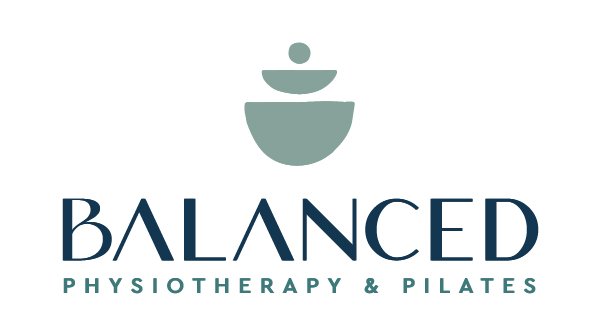Gluteal Tendinopathy
If you have been suffering from pain on the outside of your hip - you’re not alone! Pain here can arise from the gluteal tendons where they attach to the side of your hip. This pain is commonly found in women who are in the peri/post menopausal period and is present in 23.5% of women between the ages of 50 and 79 years old (that's higher than 1 in 5!).
Signs you may be suffering from gluteal tendinopathy:
Pain located on the outside of your hip, that may radiate down the outside of your thigh.
The pain is worse when you lie on your side in bed.
Walking and sitting make the pain worse
You may have been told you have bursitis of the hip, and whilst it can be common to have an ‘inflamed’ bursa, it commonly exists alongside problems with the tendon. Therefore, directing therapies to the bursa alone is not likely to solve your pain.
Management of gluteal tendinopathy involves unloading the tendon in the short term and then strengthening it through a graded strength program.
We can unload the tendon by modifying your walking or running program. You may have recently started walking or running, or increased your distance. A period of time reducing the volume (by reducing your distance) can help get your symptoms under control. Swap hills and stairs with flat surfaces and try taking shorter steps.
Other ways to unload the tendon include reducing the amount of time the tendon is on stretch. Whenever our leg passes the midline of the body, the tendon and soft tissues of the outer side of the hip are compressed against the bone. This is a position the tendon does not like.
Positions to think about include:
Avoiding sitting with your legs crossed.
Use a pillow between your knees at night.
Stop any stretches where you take your knee across your body.
Stand with your weight spread evenly through both feet.
Sit with the hips higher than the knees, by elevating the chair, or sitting on a wedge cushion.
You may find by implementing the above, you will see a reduction in your pain. However, to overcome gluteal tendinopathy in the long run we need to build strength in the gluteal muscles and address the way you move.
If it’s time to get on top of your hip pain, please book for an assessment via the link below!
